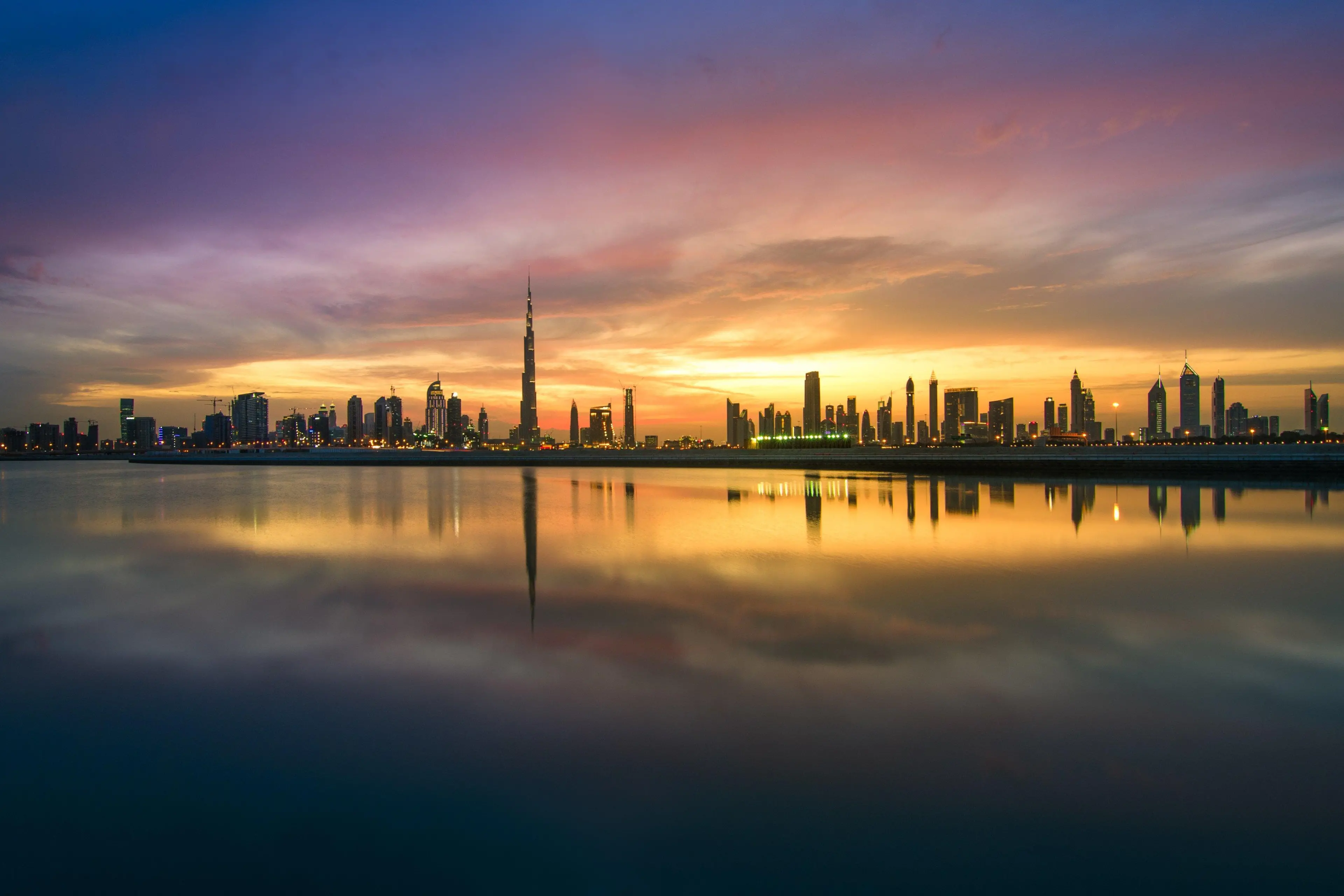PHOTO
The number of millionaires living in Dubai had been growing prior to the coronavirus pandemic. In 2018, there were 53,700 individuals with at least $1 million in net worth, and 2,430 others with at least $10 million.
Fast forward to 2020 and the picture has changed. As the coronavirus pandemic wreak havoc around the world and oil prices traded lower, millionaires saw their fortunes fall.
As of December 2020, at least 1,600 millionaires and 80 multi-millionaires fell off the rich threshold in Dubai, according to the data supplied by research firm New World Wealth.
As of the last count, Dubai is now home to 52,100 millionaires, 2,430 multi-millionaires and 10 billionaires with a combined net worth of $517 billion, down from $534 billion in 2018.
Similar trend
The trend is the same for many other markets. In Abu Dhabi, the millionaire population dropped from 18,800 individuals in 2018 to 18,400 last year. In Riyadh, the impact seemed to be greater, with the number of millionaires falling from 15,100 to 13,600.
“A decline in crude oil prices negatively impacted on wealth held in most Middle Eastern countries. Brent crude oil prices were steady at around $100 per barrel between 2011 and 2014 – they have since dropped to $50 per barrel as of December 2020,” New World Wealth said in a report.
Richest cities
Among the cities in the region, Dubai has retained its crown as the wealthiest, followed in the second place by Tel Aviv with $304 billion. The city has 41,100 millionaires, 2,190 multi-millionaires and 12 billionaires.
Istanbul is the third-wealthiest city, with a combined wealth of $176 billion, followed by Abu Dhabi and Riyadh.
Istanbul has 15,800 millionaires, 860 multi-millionaires and five billionaires, while Abu Dhabi is home to 18,500 millionaires, 870 multi-millionaires and three billionaires.
Brief about the top cities
Globally, Dubai emerged as the 30th wealthiest city by total wealth held. The emirate’s major industries are centred around financial services, basic materials, oil and gas, transport, hotels, retail and real estate.
The emirate is also considered the “main luxury hub” in the region, with its luxury sector generating around $7 billion in revenues per year.
“Most of this is generated via luxury cars and luxury hotels. The luxury fashion sector in Dubai is also very large, with most of the top global luxury clothing brands having stores in the Dubai Mall and the Mall of the Emirates,” the report said.
In Tel Aviv, a huge part of the wealth is due to many start-up companies, particularly in the high-tech arena. The city’s beachfront properties are some of the most expensive in the world and its major industries include IT, financial services, professional services and real estate.
(Reporting by Cleofe Maceda; editing by Mily Chakrabarty)
Disclaimer: This article is provided for informational purposes only. The content does not provide tax, legal or investment advice or opinion regarding the suitability, value or profitability of any particular security, portfolio or investment strategy. Read our full disclaimer policy here.
© ZAWYA 2021





















